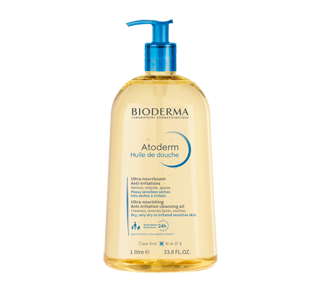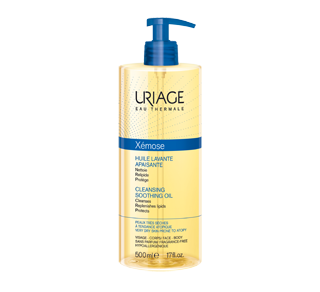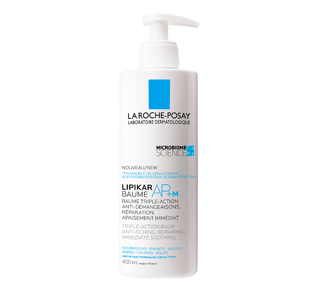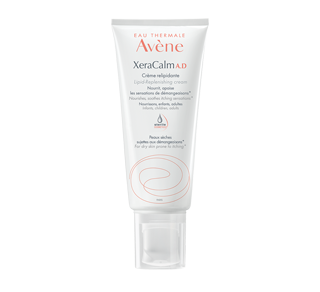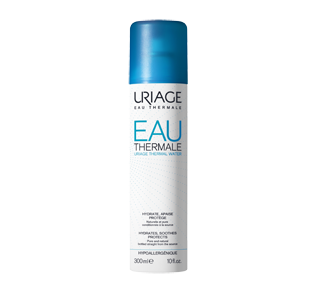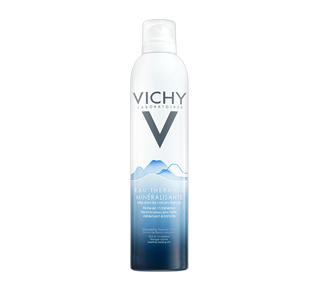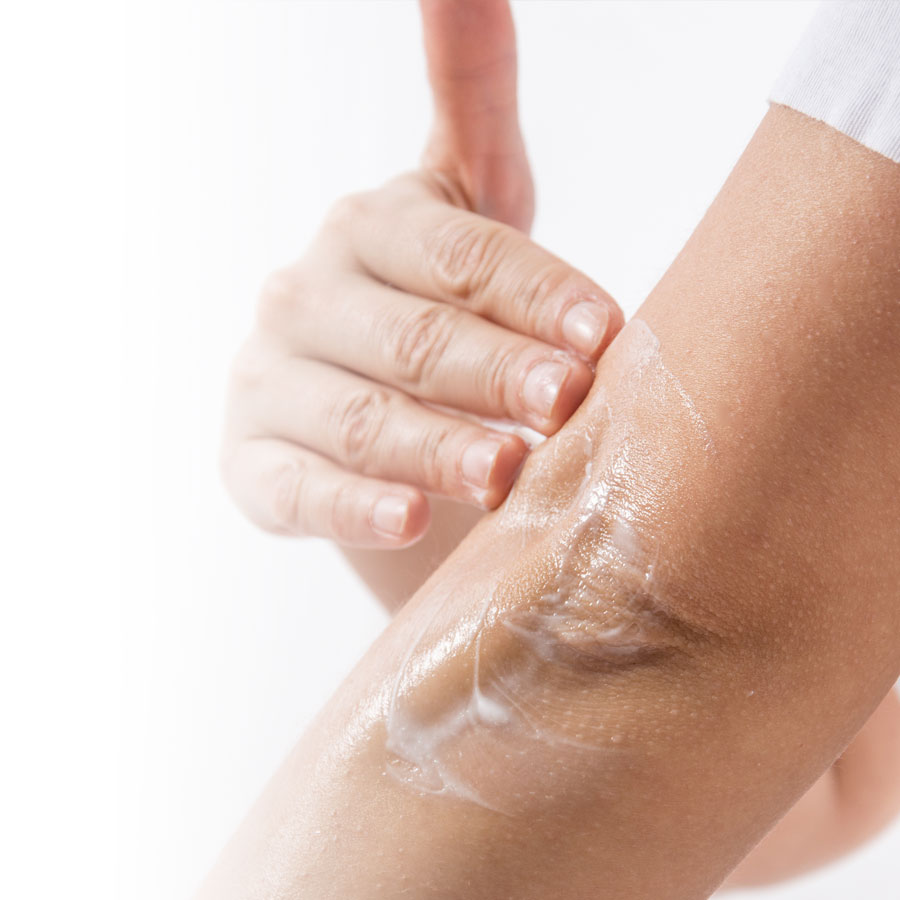A large percentage of adults, and an even greater number of children, suffer from eczema: a skin disease associated with inflammation and itching. Here is a routinethat can relieve your symptoms.
What is eczema?
Eczema is one of the most common types of skin disorders. Characterized by a non-contagious inflammation of the epidermis (the outer layer of skin), it manifests itself in a number of ways and affects both the immune system and skin cells.
What causes eczema?
While people with chronic dry skin may develop eczema, there is no causal link between the two. The disease seems to be of a genetic nature. However, certain conditions can provoke its appearance. People with eczema are often sensitive to irritants like animal fur, dust, secondary smoke, soaps and chemical products. Some environmental factors can also provoke or aggravate eczema, like wind, extreme heat or cold, pollution, etc.
What are the symptoms?
Dryness, irritation, redness and scaly, patchy sores are among the most frequent symptoms. During a flare-up, certain areas of the body, like the hands, ankles, elbows and knees, can become covered in itchy patches and squamous scabs. Some people may also experience blister-like bubbles filled with liquid. Over time, the affected areas can become thicker and dryer and can change in colour.

WHAT TYPE OF SKIN-CARE ROUTINE IS BEST FOR GETTING RELIEF?
Although there’s no miracle cure for eczema, its symptoms can be soothed and lessened by choosing the right care products and a specially adapted routine.
Note: it’s important to consult with a dermatologist in the event of severe flare-ups or skin reactions.
1. Cleansing: oils are the preferred product.
Generally speaking, eczema-prone skin requires products with emollient ingredients that will nourish and hydrate deeply. So, oil-based formulas are the best choice for daily cleansing of your face and body:ultra-gentle and soothing, they prevent the dryness and irritation caused by certain soaps, without leaving an oily residue on your skin.
2. Moisturizing: look for targeted products.
Given their fragility and their great need for hydration, eczemic skin responds best to creams that are specifically developed for this condition. Free of irritants, these pH-balanced formulas provide added comfort while limiting the absorption of allergens and exposure to daily aggressors. Remember to use them after you bathe or shower when your skin is still damp; it’s a sure way to help retain as much water as possible so you maintain optimal hydration.
3. For localized relief, think SOS! (save our skin!)
Rashes, irritation, dryness… Eczema flare-ups can be uncomfortable. Here are a few examples of special care products to keep close at hand to soothe your skin when needed:
- SOS products. Available as a balm or spray, these soothing and refreshing products help calm enflamed skin, relieve rashes and irritation and offer lasting protection throughout the day.
- Thermal water. Rich in minerals and trace elements, thermal water is well known for its gentle, soothing properties. For relief from itching and irritation, pour a little thermal water onto a clean washcloth, dab it onto the affected areas and let it sit for about 15 minutes. Thermal water can also be sprayed directly on the skin after applying a moisturizing cream or balm. It’s a good way to help retain the active ingredients and prevent the moisture from evaporating too quickly.
A few other helpful tips…
When drying yourself off after a bath or shower, avoid vigorous rubbing. Instead, simply sponge your skin dry with a soft towel, patting it gently.
Avoid scratching the affected areas and try wearing cotton gloves when you sleep.
Make an effort to prevent flare-ups or worsen your eczema by protecting against the sun's rays and other environmental attacks. Keep your stress levels to a minimum, get enough sleep, stop smoking, etc.

